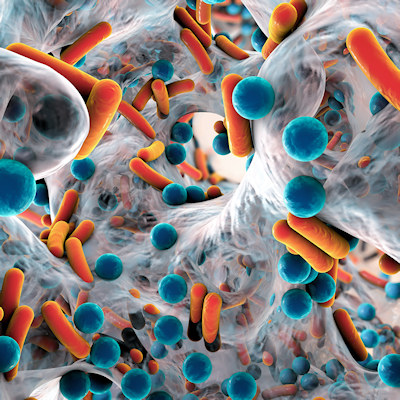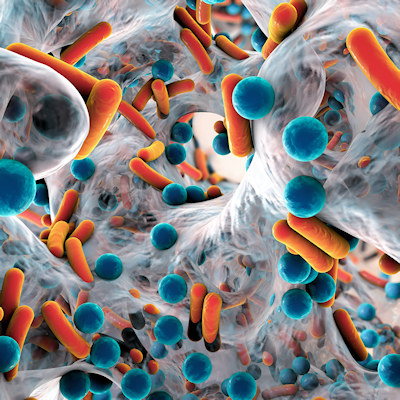March 21, 2023 -- According to national surveillance data, candidiasis cases caused by Candida auris, a highly infectious fungus, rose drastically between 2019 and 2021, reflecting increased transmission.
A report outlining the findings, published Tuesday in Annals of Internal Medicine, also found that many candidiasis cases were resistant to first-line treatment.
Candida auris (C. auris), an emerging yeast fungus, presents a serious global health threat. The fungus can cause invasive candidiasis, or fungemia, infecting the bloodstream, central nervous system, and internal organs. Most candidiasis transmission occurs in healthcare facilities, especially among patients with already-weakened immune systems, including residents of long-term care facilities and patients with indwelling devices or mechanical ventilators.
Since C. auris is difficult to identify with standard laboratory methods, it is often misidentified in labs without specific technology, leading to inappropriate management. C. auris is often multidrug-resistant—untreatable with many antifungal drugs commonly used to treat Candida infections. Some strains are resistant to all three available antifungal classes. Since being initially reported in the U.S. in 2016, the fungus has continued to cause illness and death nationwide. The Centers for Disease Control and Prevention (CDC) has rated C. auris as an "urgent threat," their highest level of concern.
CDC researchers used national surveillance data on clinical and screened C. auris cases, as reported to CDC and to state and local health departments, to describe recent changes in the U.S. epidemiology of C. auris between 2019 and 2021. They also examined data from CDC's Antimicrobial Resistance Laboratory Network. The data showed that the percentage increase in clinical cases grew each year, from a 44% increase in 2019 to a 95% increase in 2021. Colonization screening volume and screening cases also increased in 2021, by more than 80% and more than 200%, respectively. The number of C. auris cases that were resistant to first-line treatment in 2021 was about three times that of each of the previous two years.
Findings from public health investigations and the timing of the increased C. auris spread suggest it may have been exacerbated by pandemic-related strain on healthcare and public health systems, including staff and equipment shortages, increased patient burden and disease severity, increased antimicrobial use, changes in patient movement patterns, and poor implementation of non–COVID-19 infection prevention and control measures.
The researchers also noted an increase in echinocandin-resistant cases and evidence of transmission, which they say is especially of concern because echinocandins are first-line therapy for invasive Candida infections, including C. auris. The researchers emphasize that improved detection in hospitalized patients and improved infection control practices in healthcare facilities are urgently needed to prevent the spread of C. auris.
"Screening is not conducted uniformly across the United States, so the true burden of C auris cases may be underestimated," wrote the researchers in a statement.
Copyright © 2023 scienceboard.net












